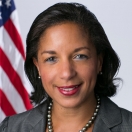
Ed. note: This post was originally published on Medium.
This week I am in China for my fourth trip as the President’s National Security Advisor. Here’s why:
From the outset of this Administration, President Obama has leveraged all aspects of our national power to confront threats and pursue opportunities. As his National Security Advisor, it falls to me, in coordination with our full national security team, to examine our global resources and priorities, assess where we might be able to do more, and advise the President on opportunities for further American engagement and leadership in the world.
Nowhere in the world are the strategic opportunities for the United States riper than in the Asia-Pacific region.
The region accounts for 40 percent of overall global economic growth, two thirds of the global middle class, four of our top ten trading partners, and five of seven of our treaty alliances.
The President summed this up while traveling in the region in 2011:
“Here, we see the future. As the world’s fastest-growing region — and home to more than half the global economy — the Asia Pacific is critical to achieving my highest priority, and that’s creating jobs and opportunity for the American people. With most of the world’s nuclear power and some half of humanity, Asia will largely define whether the century ahead will be marked by conflict or cooperation, needless suffering or human progress.
“As President, I have, therefore, made a deliberate and strategic decision — as a Pacific nation, the United States will play a larger and long-term role in shaping this region and its future, by upholding core principles and in close partnership with our allies and friends."
Through our approach to the region, known as the ‘Rebalance,’ we have modernized and strengthened our alliances, deepened our investment, and advanced economic, political, and security ties throughout Asia based on mutual interest and mutual respect. We do so recognizing that, as the President said, the United States is a Pacific power and that our future will, in large part, depend on this region.
To be sure, our engagement with China, the largest country in the Asia-Pacific, is integral to the Rebalance.
There is no more consequential bilateral relationship than the U.S.-China relationship, and that’s why I dedicate so much of my time and attention to it on behalf of the President.
Indeed, I’m in China today on my fourth visit as the President’s National Security Advisor. I’m here to prepare for the President’s travel to Hangzhou, China in early September for bilateral meetings with President Xi Jinping and the G20 Leaders’ Summit. As with every bilateral engagement with China, my aim while here is to deepen our cooperation in areas of mutual interest and to manage disagreements wisely.
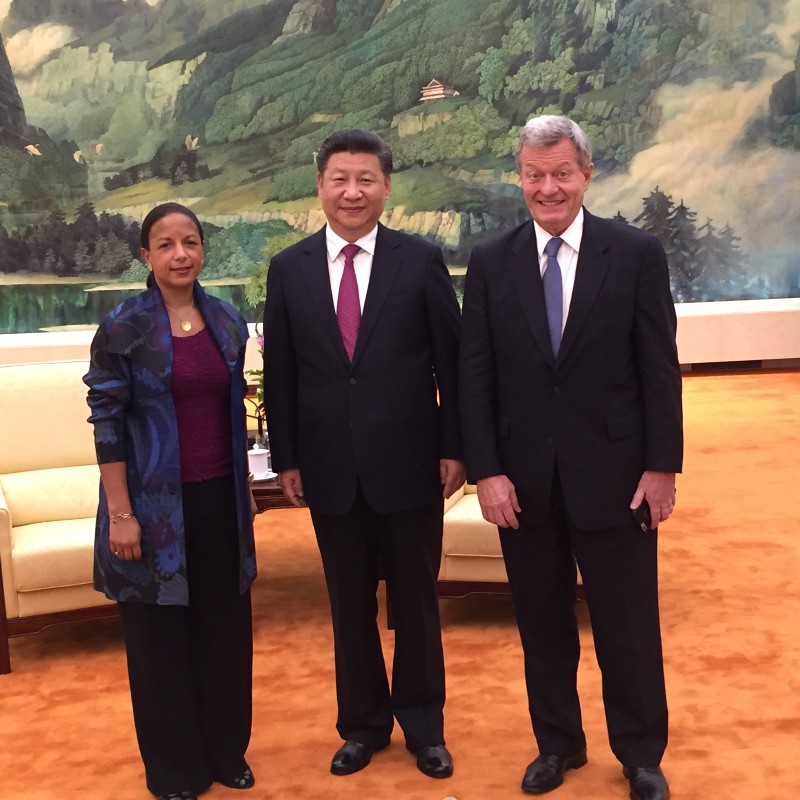
During my visit, I met with President Xi, State Councilor Yang Jiechi, General Fan Changlong, and Secretary Meng Jianzhu in Beijing. I’ve come to know my Chinese interlocutors over the years, and each meeting was productive, demonstrating the breadth of our engagement with China.
I reiterated that we welcome the rise of a peaceful, stable, and prosperous China that plays a responsible role in global affairs and in international institutions reflective of its stature.
We also had candid exchanges on the significant differences that remain between us.
In Shanghai, I met with business leaders representing some of the largest American companies operating in China, as well as private Chinese citizens striving to promote the rights and well-being of their fellow countrymen. Both in public and in private, I expressed America’s core belief in the importance of ensuring a vibrant civil society.
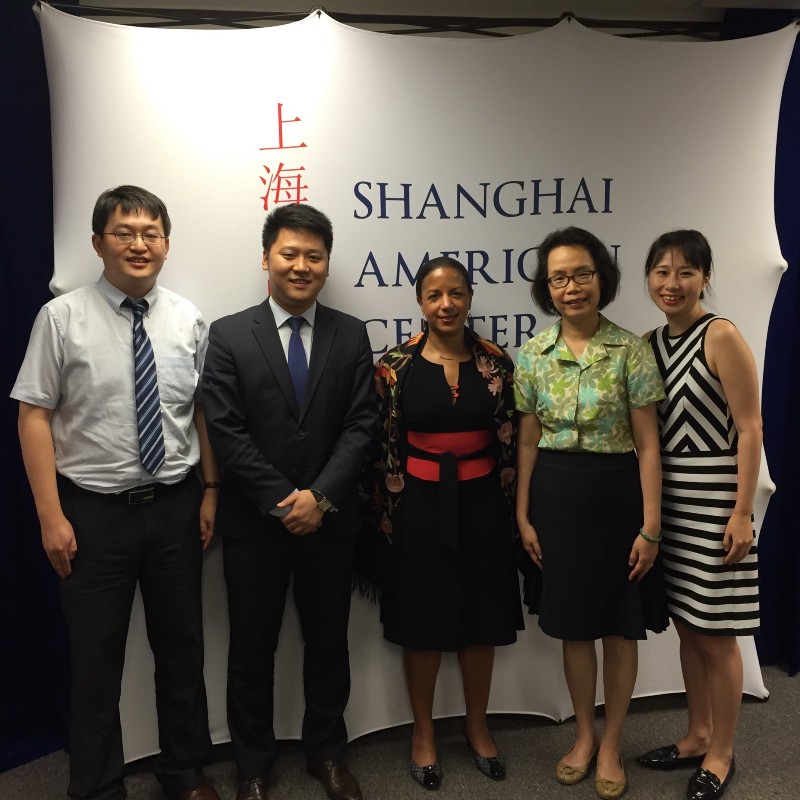
More broadly, the United States and China are uniquely capable of galvanizing international efforts to solve global challenges. Never has the U.S.-China relationship been deeper and broader in scope. I worked closely with American and Chinese colleagues to help achieve the bilateral announcement on climate change with China in 2014, which spurred more than 190 countries to work together to reach the Paris agreement just over a year later. We encouraged China’s substantial contributions to our Ebola response in West Africa, where American and Chinese public health experts worked side-by-side to stop the spread of the disease. China is a member of the P5+1, whose years of intense, principled diplomacy culminated in the deal to verifiably prevent Iran from obtaining a nuclear weapon.
America’s principled diplomacy has paid dividends in other areas, too. Since 2014, I worked with our Chinese counterparts to agree to a series of confidence-building measures between our militaries that have reduced the risk of unintentional escalation and confrontation on land and at sea. Our men and women in uniform are safer as a result, and our militaries are better prepared to take on shared challenges. Similarly, my meetings with Chinese counterparts were instrumental in achieving the public commitment from President Xi and President Obama in 2015 not to conduct or knowingly support cyber-enabled theft of intellectual property for economic gain. We continue to watch closely to ensure that agreement is implemented fully.
Through all of this, what’s undeniable is that we are stronger when we can work together to address the world’s seemingly most intractable challenges.
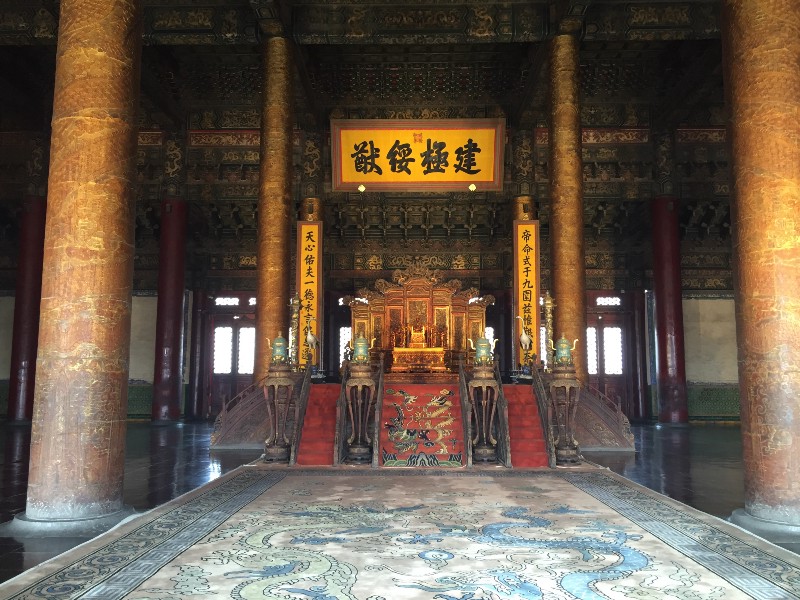
At the same time, my challenge on this trip and in all of our engagements with Beijing is to manage our significant differences constructively. And we’ve largely done that through frequent engagements and steady diplomacy. On the South China Sea, I was in contact with senior Chinese officials shortly after the UN tribunal ruled earlier this month, and my consultations in Beijing presented opportunities to discuss the issue in more depth. I reiterated that our overriding interest is the peaceful resolution of conflicts and sustaining the rules-based international order — whether it’s in the Asia-Pacific or any other region. On North Korea, we and China both committed to a denuclearized Korean Peninsula. I discussed in Beijing ways to narrow our remaining tactical differences in order to present the strongest and most unified front in the face of North Korea’s aggression.
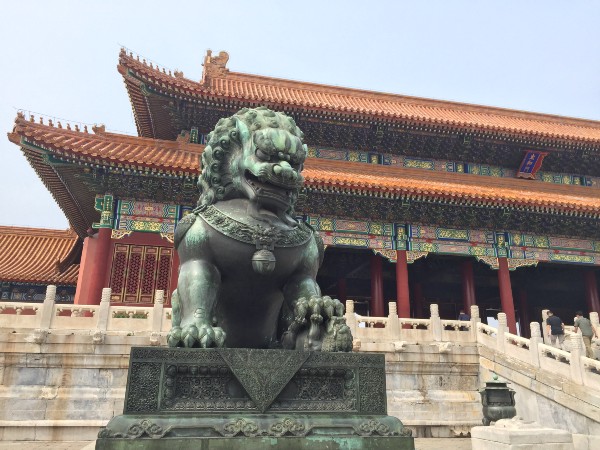
For all of our high-level contacts, our relations also are rooted in the belief that our people are some of our best ambassadors. For that reason, we’ve sought to deepen people-to-people ties. Chinese travelers to the United States have tripled since 2009, and Chinese students in the United States have doubled during the same period. We reached the goal of sending 100,000 American students to study in China so quickly that we set a new goal: one million Americans learning Mandarin Chinese in the next five years.
In 2014, the United States and China negotiated a reciprocal arrangement to extend the validity of tourist and business visas for each other’s citizens from one to 10 years and of student visas from one to five years. The two Presidents announced this arrangement during President Obama’s State Visit to China in late 2014. In doing so, they noted that our efforts to foster more direct interaction between our people is deeply rooted belief that when we understand each other, our countries can do great things to leave a better world for our kids and grandkids. It’s true that such visits can have significant impact: even President Xi spent time in Iowa thirty years ago as a young man on an educational exchange.
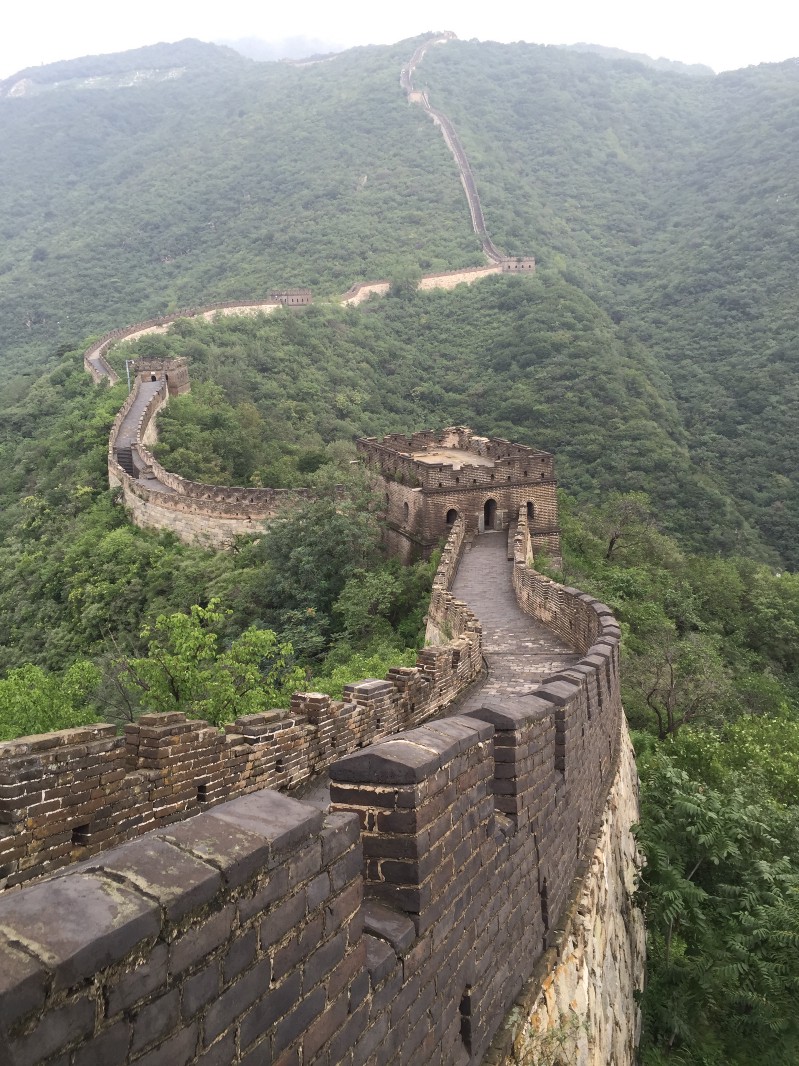
In September, President Obama will make his final trip to Asia as President, where he will attend G20 in Hangzhou before becoming the first sitting U.S. President to visit Laos. Throughout the trip, he will continue our work to ensure our relationship with China is as productive as it is forthright and honest.
We can expand our cooperation as we work to narrow areas of disagreement. Our peoples — and peoples around the globe — stand to benefit when we do so.
When China and the United States work together, the world is more secure and our peoples are more prosperous. Our success need not be a zero-sum game.
That’s why I’m here.
